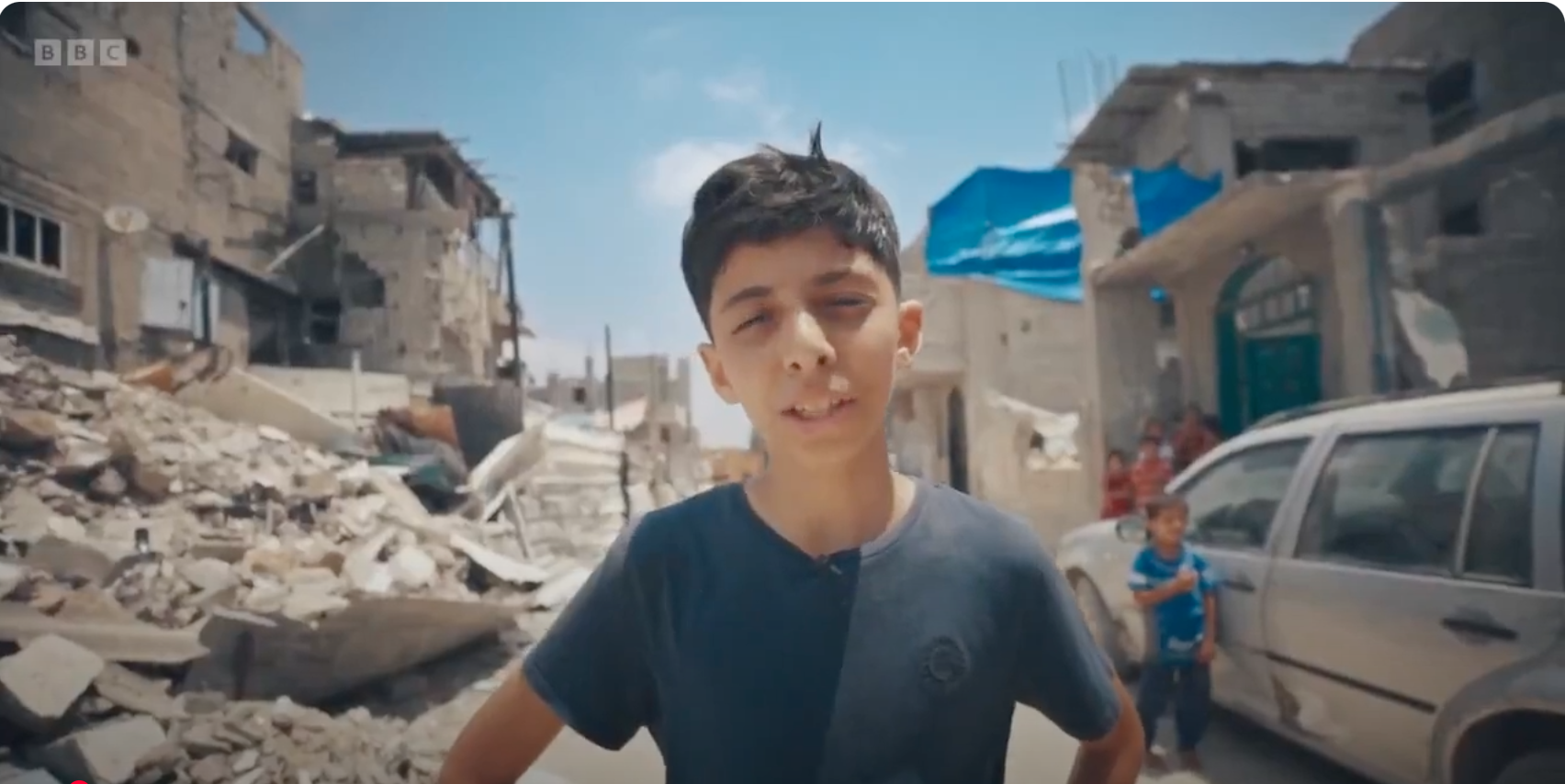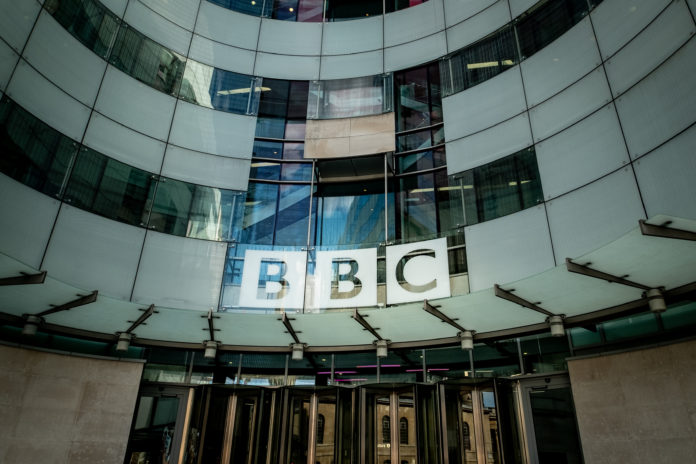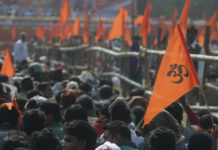Hundreds of celebrities, including Gary Lineker and Riz Ahmed, have backed a move condemning the BBC for pulling a popular Gaza documentary following complaints from pro-Israel activists.
Last week, the BBC pulled the documentary Gaza: How to Survive a War Zone, after its initial screening on Monday evening.
The move came amid an intense campaign by the Zionist lobby, including the Tzipi Hotovely, Israel’s ultra-right-wing ambassador in London, after it emerged that the child narrator is the son of a Palestinian minister in the Hamas-run Gaza government.
However, 500 media figures have since condemned the BBC for failing to stand by the programme.
A letter, sent Wednesday to BBC executives describes the film as “an essential piece of journalism, offering an all-too-rare perspective on the lived experiences of Palestinians.”
The letter also reportedly claims that some criticism of the documentary is based on “racist assumptions and weaponisation of identity”, and that the deputy agriculture minister and father of the teenage narrator is a civil servant concerned with food production.
“This broad-brush rhetoric assumes that Palestinians holding administrative roles are inherently complicit in violence – a racist trope that denies individuals their humanity and right to share their lived experiences,” it also says.
Other media stars who backed the letter includes actors Ruth Negga, Juliet Stevenson and Miriam Margolyes, were among those demanding the documentary be returned to BBC iPlayer.
Subscribe to our newsletter and stay updated on the latest news and updates from around the Muslim world!
Other signatories include the actor Khalid Abdalla, the Bridgerton star India Amarteifio, the novelist Max Porter, the director Ken Loach, the photographer Misan Harriman, the comedian Jen Brister, the presenter Ayo Akinwolere and the writer and actor Asim Chaudhry.
According to the Guardian newspaper, up to 10 current BBC staff. may have also signed the letter.

Initially, the BBC added a disclaimer at the beginning of the documentary following comments from pro-Israel activist David Collier, who earlier this month claimed Palestinian identity was invented in the 20th century as a “weapon against Israel”.
Last week a group of 45 prominent Jewish journalists and members of the media, including former BBC governor Ruth Deech, further piled on pressure by sending a letter to the broadcaster demanding the film be removed from the iPlayer.
The letter referred to the Gaza minister as a “terrorist leader”.
The UK proscribed the military wing of Hamas as a terrorist organisation in 2006, and in 2021 also proscribed the armed groups political wing as well.
There are civil servants in Gaza not involved in political activities, some of whom worked for the government before Hamas even took over the territory.
Pro-Palestine groups have also rallied to pressure the BBC over the controversial decision to pull the documentary.
Stop The War Coalition and other pro-Palestine groups have urged their supporters to take action by signing and sending a copy of a pre-written letter to the BBC’s complaints department.
The letter explains how the Palestinians deserve the right to have their side of events told from their perspective and that the BBC needs to be braver in resisting efforts by lobbyists to dominate the narrative.
“The issue here is not about the identity of the narrator or his family background. It is about the systemic denial of Palestinians’ right to tell their own stories.
The documentary barely scratches the surface of the suffering endured by civilians in Gaza, yet even this limited account has been deemed too controversial to remain accessible. This decision is not just a failure of journalistic ethics; it is an act of complicity in the ongoing oppression and silencing of the Palestinian people.
Israel advocacy groups will always find ways to delegitimise Palestinian narratives, no matter how compelling or well-documented they may be. It is the BBC’s responsibility, as a public service broadcaster, to resist such efforts and to ensure that marginalised voices are heard.
By removing this documentary, the BBC has abdicated this responsibility and has instead chosen to align itself with those who seek to control and distort the narrative.”























